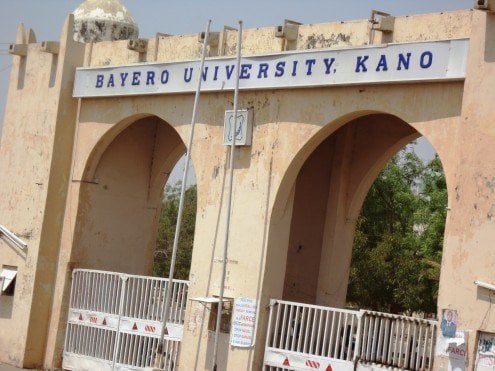Over 100 farmers trained on agroecological best practices
The Centre for Dryland Agriculture (CDA) Bayero University Kano (BUK), in collaboration with the Federal Ministry of Agriculture and Food Security, has organised a three-day capacity building training for over a hundred women and youth farmers on agroecological best practices. Speaking at the opening ceremony, the Director of the Centre, Professor Jibrin Mohammed Jibrin, said […]

The Centre for Dryland Agriculture (CDA) Bayero University Kano (BUK), in collaboration with the Federal Ministry of Agriculture and Food Security, has organised a three-day capacity building training for over a hundred women and youth farmers on agroecological best practices.
Speaking at the opening ceremony, the Director of the Centre, Professor Jibrin Mohammed Jibrin, said the training would help farmers to improve their farming techniques without causing harm to the environment.
He added that the training was mainly on how to improve the farming system and maintain the ecosystem.
“Such training is very important considering the fact that this decade —2021 to 2030—is the United Nation’s Decade of Ecosystem Restoration. We must all agree that in recent years, we have faced a lot of challenges with our ecosystem. In the last few years in particular, areas around Kano, Jigawa and Bauchi have experienced huge loss of biodiversity because of many reasons. The charcoal business in recent times is a cause for concern.”
- Farmers’ group to boost agricultural funding through tech
- Why Bauchi watermelon farmers moved to Cameroon
“This training came as a result of a partnership between the Centre for Dryland Agriculture and the National Programme on Food Security towards improving our farming practices and preserving our environment.”
He also urged the participants to make use of the knowledge they would acquire during the training.
“I promise you that you are going to have the best type of training on this issue. I welcome you to this training and look forward to interacting with you.”
On his part, the national correspondent of the Agroecology Programme in Nigeria, Yarima Sa’idu, said the primary objective of the training was to support farming families to boost their staple food production capacity on an environmentally sustainable basis.
